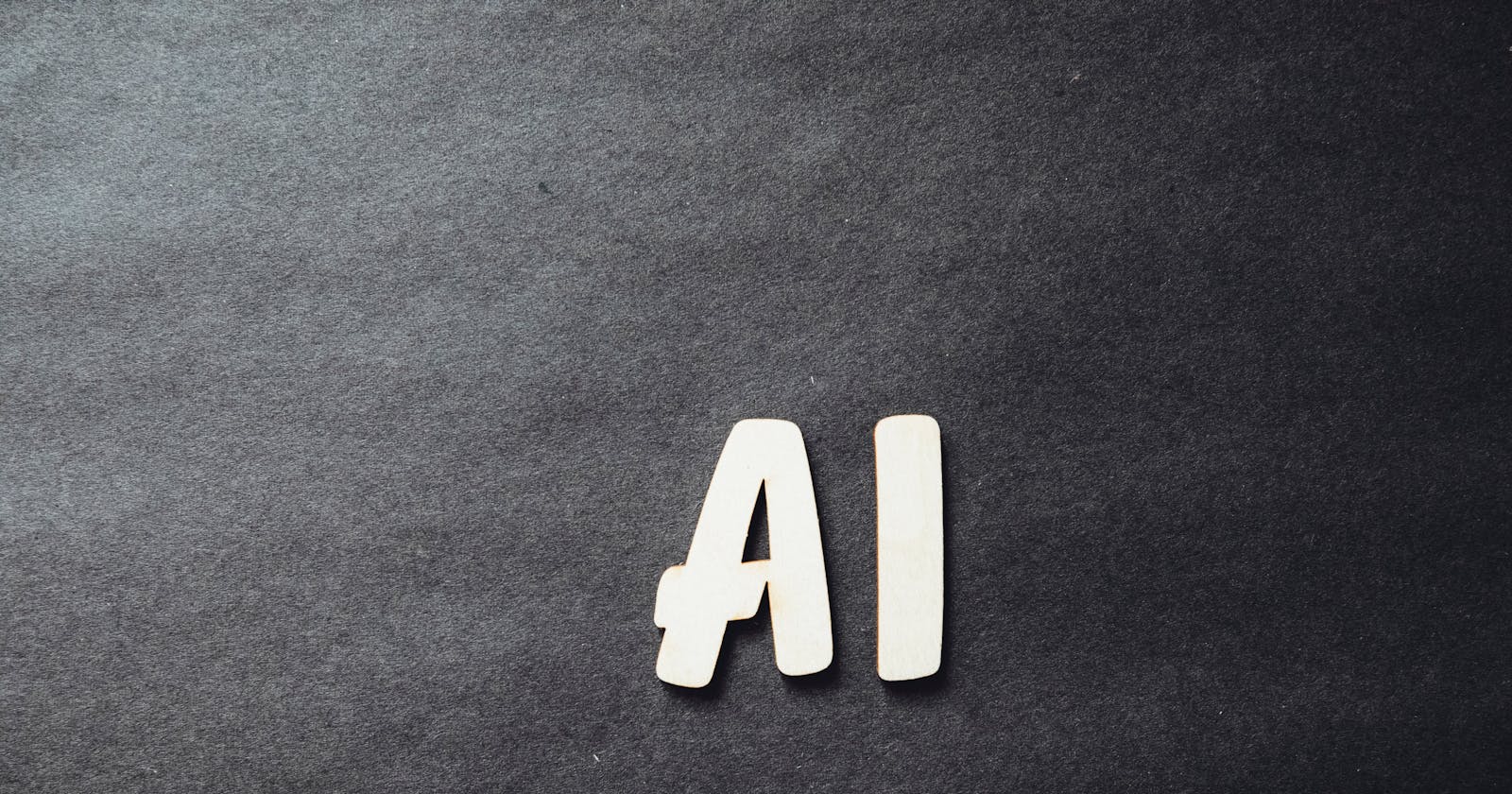In recent years, artificial intelligence has had quite a significant impact on many industries and will continue to profit them in the future. AI is transforming the way people work . Most of the industries no longer consider hiring physical workers . Rather, they use artificial intelligence to complete administrative , physical and other tasks. AI has empowered many innovations and driven the expansion of technologies such as IoT, robotics, analytics, and voice assistants in recent years .
AI in Daily life

- AI is allowing smartphones to offer features such as virtual reality, enhanced camera capabilities, and much more. The entire point of AI is to make our relationship with our smartphone more personalised and user-friendly.
- AI is used by streaming services to extend storage, improve search engines, and improve the overall user experience on their platforms. The next time you play a suggested video on YouTube or watch a suggested show on Netflix, AI is playing a significant role.
- Whether you are using Google or Apple Maps for exploring, or calling a Uber, you are utilizing AI. For the maritime industry, it allows us to address issues such as detecting ships and other objects on the water, as well as alerting and assisting the captain with ship navigation.
- The video game industry was probably one of the first to use AI. When you play a game like PUBG or Fortnite, you first play against a couple of AI-powered bots before moving on to play against real players. When you play racing games, you compete against AI bots.
- AI-powered video monitoring software reduces the amount of time spent on surveillance, allowing security operators to be more efficient and effective in their work.
- Simulated intelligence-driven calculations have played a pivotal role for online business. Its application has significantly increased sales and had a positive impact on client relationships. eCommerce sites can now create personalised online experiences and recommend products using AI.
AI in Future
Nearly 86% of the mistakes can be prevented in the healthcare industry and AI will play a vital role in this.The future of artificial intelligence in healthcare is a step toward democratising healthcare for the benefit of both patients and healthcare professionals. Predictive analytics combined with artificial intelligence can help understand various factors that influence a person's health . In the future, AI-powered healthcare systems will be able to predict when a person is most likely to develop a chronic disease and recommend preventative medication .

In future, you can expect delivery of up to 5-pound packages in less than 30 minutes, all thanks to AI-powered drones. Amazon is already working on determining proper safety and reliability of operations for package delivery, but there is no set date for commercial use of these drones. Drones will be capable of autonomously delivering goods and food within the next decade. The future of AI in retail is more autonomous and personalised, with realistic scenarios such as virtual racks customised based on data-defined personas, connected dressing rooms with screens, and increased personalization based on previous history and trends.

Artificial Intelligence is all set to take centre stage in the next decade in verticals like business intelligence and security with reduced cost, increased productivity and enhanced customer experiences . Future banks will not only personalise their services and products, but will also use AI to personalise customer experiences. For example, imagine not having to show your ID card when you walk into a bank branch and still being greeted with your name and complete knowledge of your entire bank account history.

“Artificial Intelligence will take our jobs!” is the most common fear surrounding artificial intelligence in the future. According to the World Economic Forum's Future of Jobs report, AI will create 58 million new artificial intelligence jobs by 2022. There is a good chance that by 2030, AI will outperform humans in most mental tasks, but this does not imply that it will eliminate jobs. In fact, the Indian AI industry has more than doubled in size in 2019 over the previous year. In just one year, three times as many companies have begun working on AI-based projects, and this trend is likely to continue. India nearly doubled its AI engineers in 2019 (from 40K in 2018 to 72K in 2019), but there is still a talent shortage.

GlobalData, a data and analytics company, discovered that artificial intelligence-enabled innovations are increasing as AI takes the lead in patent filings in 2020. The need to automate business operations across industries to boost productivity and minimise costs, according to the company, is generating a boom in AI patent submissions by tech giants and corporations.

Impact of AI on society

The growth of AI is expected to have a more positive impact on society as well . AI-enabled solutions are already pushing better outcomes in healthcare . Innovative AI-based applications in transportation help us address traffic congestion issues . Facial Recognition Technology is increasingly being used for solving crimes and uncovering criminal activities. Be it sustainability, climate change, or justice delivery, AI is poised to have a larger impact soon . AI is gradually changing the way we work and the workplaces. Businesses have already begun to use AI-enabled solutions to perform repetitive and mundane tasks. This frees up human resources for tasks requiring empathy or creativity. Employees who are engaged in tasks that add value have higher levels of job satisfaction and happiness.
Artificial intelligence is a technology that has arrived. It is gradually impacting every aspect of our lives and has significantly increased human efficiencies. Although AI is a transformative technology today, it is still in its infant stage. The rapid advancements in the field have also created numerous career opportunities.
References : TechVidvan , upGrad , springboard , analyticsinsight , techbuzzireland
